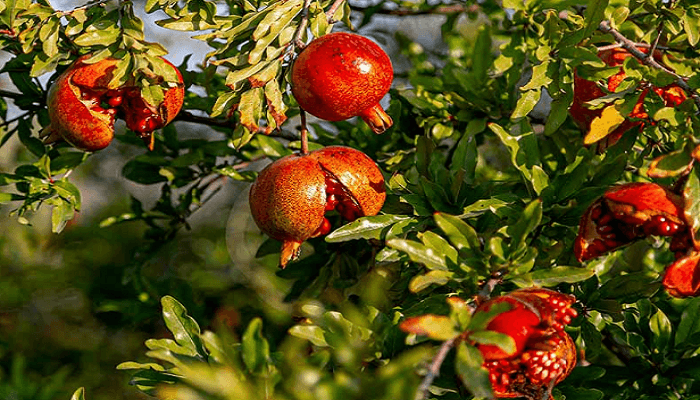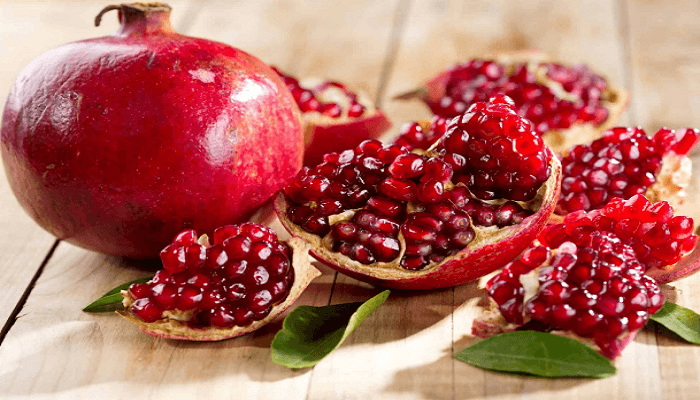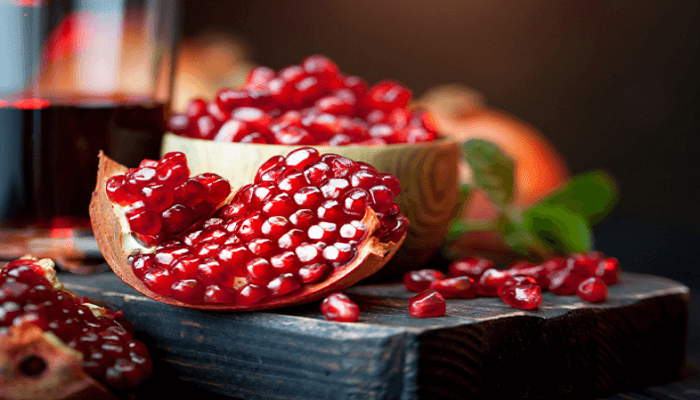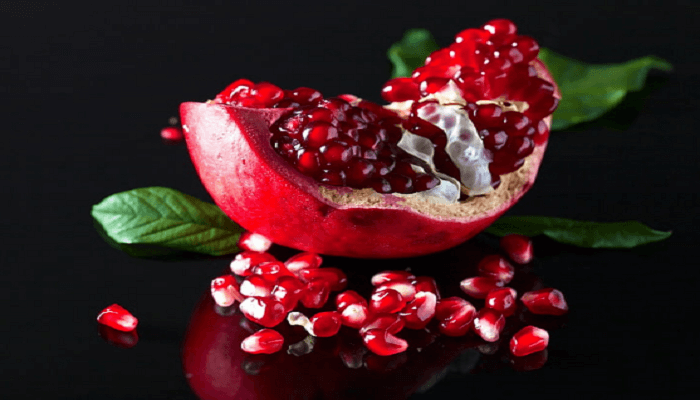Why Are Pomegranates So Expensive – Pomegranates are a delicious and nutritious fruit that has been enjoyed for thousands of years in various parts of the world.
However, if you’ve ever purchased a pomegranate, you may have noticed that they can be quite expensive compared to other fruits. In this article, we’ll explore why pomegranates are so expensive and what factors contribute to their high cost.
History and Cultivation of Pomegranates

Pomegranates have a long and fascinating history. The fruit is believed to have originated in the region of modern-day Iran and has been cultivated for thousands of years throughout the Mediterranean, Middle East, and Central Asia.
In ancient times, pomegranates were highly valued for their medicinal properties and were used to treat a variety of ailments.
Today, pomegranates are grown in many parts of the world, including California, Spain, Turkey, and India.
The majority of pomegranates are still grown in Iran, where the climate and soil conditions are ideal for their cultivation.
Factors that Contribute to the Cost of Pomegranates

Limited Growing Season
One of the main factors that contribute to the cost of pomegranates is their limited growing season.
Pomegranates are typically harvested from September to December, with peak season occurring in October and November.
This means that they are only available for a few months out of the year, which can drive up the price.
Labor-Intensive Harvesting
Pomegranates are not an easy fruit to harvest. The arils (edible seeds) are contained within a tough, leathery skin that must be carefully removed to avoid damaging the delicate fruit.
This process is often done by hand, which can be time-consuming and labor-intensive.
Fragile Fruit
Pomegranates are also fragile fruit that can be easily damaged during harvesting, transportation, and storage.
This can result in a high rate of spoilage and waste, which further increases the cost of the fruit.
Transportation Costs
Pomegranates are often grown in regions that are far from their intended markets. This means that they must be transported long distances, which can be expensive.
In addition, pomegranates are a relatively heavy fruit, which increases the cost of transportation even further.
Organic and Specialty Varieties
Finally, the cost of pomegranates can also be affected by the variety and growing practices used.
Organic pomegranates, for example, are often more expensive than conventionally grown varieties due to the higher cost of organic farming practices.
Similarly, specialty varieties of pomegranates, such as the “Wonderful” variety grown in California, maybe more expensive due to their unique flavor profile and limited availability.
Is Pomegranate Good or Bad for You?

Pomegranates are generally considered to be healthy food that can provide a range of benefits for your body. Here are some of the reasons why pomegranates are considered to be good for you:
High in Antioxidants
Pomegranates are a rich source of antioxidants, which are compounds that can help protect your body against damage from harmful molecules known as free radicals.
Some studies have suggested that pomegranate juice may have even higher levels of antioxidants than red wine or green tea.
Anti-inflammatory
Pomegranates have been shown to have anti-inflammatory properties, which may help reduce inflammation in the body and protect against chronic diseases such as heart disease and cancer.
Good for Heart Health
Pomegranates may help improve heart health by reducing inflammation, lowering blood pressure, and improving cholesterol levels.
May Help Prevent Cancer
Some studies have suggested that pomegranate extracts may have anti-cancer properties and could potentially help prevent the growth and spread of cancer cells.
May Improve Memory
Some research has suggested that pomegranate juice may help improve memory and cognitive function, particularly in older adults.
It is important to note that pomegranates are relatively high in sugar and calories, so it is important to consume them in moderation as part of a balanced diet.
Some people may be allergic to pomegranates, and the fruit may interact with certain medications, so it is important to consult with a healthcare provider before consuming pomegranate or pomegranate juice if you have any health concerns.
When consumed in moderation, pomegranates can be a healthy addition to your diet.
What Are the Cons Of Eating Pomegranates?

While pomegranates are nutritious and delicious fruit that offer numerous health benefits, there are some potential drawbacks to consider.
Allergies
Some people may be allergic to pomegranates, which can cause symptoms such as itching, swelling, and difficulty breathing.
Interactions with Medications
Pomegranate juice may interact with certain medications, including blood thinners and some medications used to treat high blood pressure.
It is important to consult with a healthcare provider before consuming pomegranate or pomegranate juice if you are taking any medications.
High Sugar Content
Pomegranates are relatively high in sugar, with one medium-sized fruit containing around 24 grams of sugar.
While this sugar is natural and comes packaged with other beneficial nutrients, people with diabetes or those watching their sugar intake may need to limit their consumption.
Digestive Issues
Some people may experience digestive issues such as bloating or diarrhea after consuming pomegranates, especially if they eat large amounts or have a sensitive digestive system.
Staining
The deep red juice from pomegranates can stain clothing, countertops, and other surfaces. It is important to handle pomegranates carefully to avoid spilling or splattering the juice.
Pomegranates are a healthy and nutritious fruit that can be enjoyed as part of a balanced diet.
Like any food, they may not be suitable for everyone and it is important to consume them in moderation and with consideration for individual health concerns.
Conclusion: Why Are Pomegranates So Expensive
In conclusion, there are several factors that contribute to the high cost of pomegranates. These include their limited growing season, labor-intensive harvesting, fragility, transportation costs, and the availability of organic and specialty varieties.
While pomegranates may be more expensive than other fruits, their delicious taste, nutritional benefits, and rich history make them well worth the investment.
So the next time you’re considering purchasing a pomegranate, remember that the cost reflects the effort and resources that go into producing this special fruit.